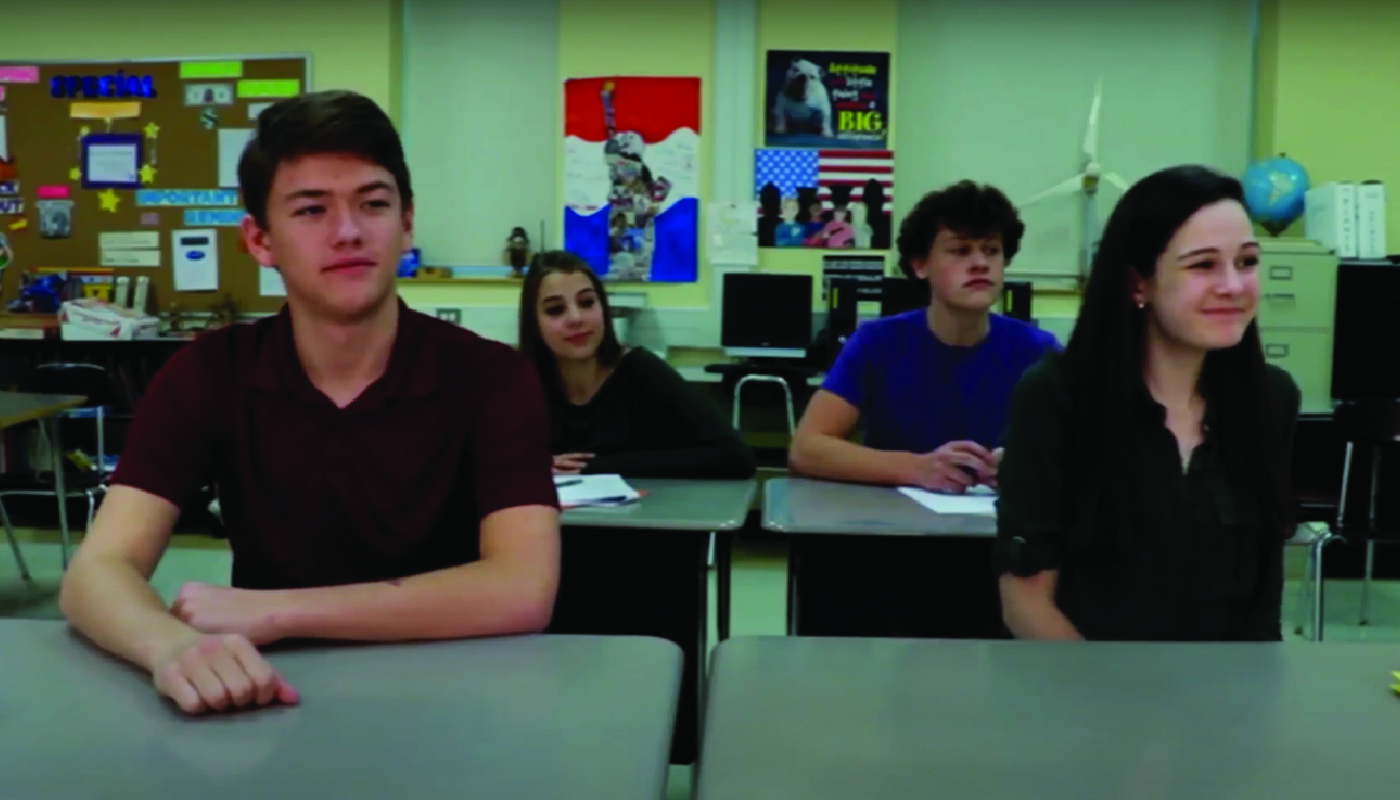
Introduction
Self control is a crucial skill for kindergarten students to develop, as it helps them navigate social situations and maintain a positive learning environment. In this blog post, we will explore a no-prep activity that educators can use to teach self control to their students. Additionally, we will provide discussion questions to stimulate further conversations about this important skill and mention related skills that contribute to a well-rounded understanding of social-emotional learning.
No-Prep Activity
This activity, called “The Waiting Game,” requires no preparation or materials and can be easily integrated into your daily routine. The objective of this game is to help students practice self control by waiting patiently for their turn to speak or participate. Here’s how to play:
- Ask your students to sit in a circle, either on the floor or at their desks.
- Explain that you will be asking a question or giving a prompt, and they must wait until you call on them before they can answer or participate.
- Give your students a question or prompt, such as “What is your favorite color?” or “Show me a happy face.”
- As students raise their hands to answer or participate, call on them one by one, emphasizing the importance of waiting patiently for their turn.
- Praise students for demonstrating self control by waiting for their turn and not calling out the answer or participating before being called on.
This activity not only teaches self control but also reinforces positive classroom behavior, as students learn the importance of waiting for their turn and respecting others.
Discussion Questions
After completing “The Waiting Game,” use these discussion questions to help students reflect on the experience and deepen their understanding of self control:
- Why is it important to have self control and wait for our turn to speak or participate?
- How did it feel when you had to wait for your turn during the activity? How did you practice self control?
- Can you think of other situations where you need to use self control? How can you practice self control in those situations?
- How does having self control help us in our daily lives?
- What are some strategies you can use to help you practice self control when it’s difficult?
Related Skills
In addition to self control, there are several other social-emotional learning skills that are important for kindergarten students to develop. Some of these related skills include:
- Active Listening: Paying full attention to what others are saying, taking time to understand their message, and responding thoughtfully.
- Empathy: Understanding and sharing the feelings of others, which helps build strong relationships and fosters a supportive classroom environment.
- Cooperation: Working together with others to achieve a common goal, which promotes teamwork and enhances problem-solving abilities.
- Respect: Treating others with kindness, valuing their opinions, and considering their feelings in all interactions.
Next Steps
Now that you have a no-prep activity to teach self control and related social-emotional learning skills, it’s time to put these concepts into practice in your kindergarten classroom. To further support your students’ development, sign up for free samples of skill-building materials and resources from Everyday Speech. These resources will help you create a nurturing and engaging learning environment where your students can thrive.

